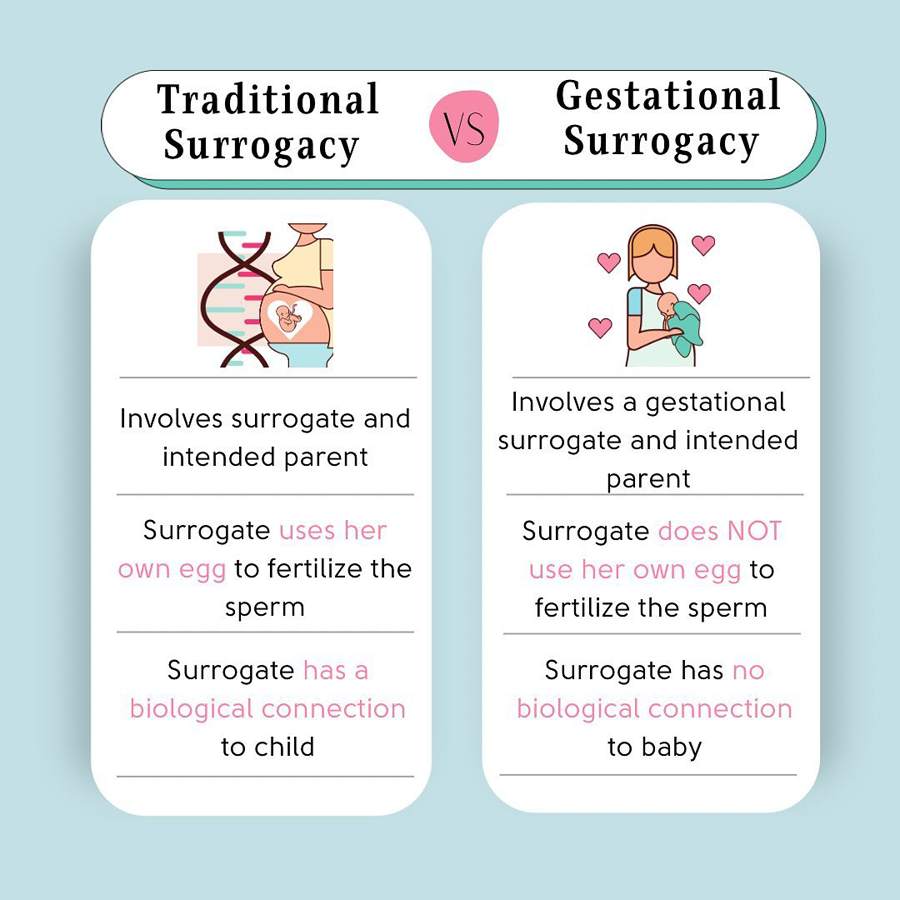Emotional and Ethical Dimensions of Surrogacy
Surrogacy is not merely a clinical or legal process—it is a deeply emotional and ethically nuanced journey for all individuals involved. In 2025, with the rising awareness and increasing global prevalence of assisted reproductive technologies, the emotional experiences of surrogates and intended parents, as well as the ethical dilemmas surrounding surrogacy, have come into sharper focus. This blog explores these dimensions, offering a holistic perspective for anyone considering or engaging with surrogacy.
Emotional and Ethical Aspects of Surrogacy
Emotional Experiences of Intended Parents
Intended parents often embark on the surrogacy journey after facing prolonged struggles with infertility, recurrent pregnancy loss, or health conditions that prevent them from carrying a pregnancy. The road to parenthood through surrogacy is paved with emotional highs and lows.
Feelings of hope and excitement may be intertwined with anxiety, helplessness, and even guilt. Actress Gabrielle Union, in a widely publicised interview, candidly shared her emotional experience with surrogacy. She expressed a sense of personal failure and public vulnerability for not being able to carry her child herself. However, she also highlighted the immense gratitude and love she felt for her gestational surrogate and the joy of becoming a mother.
Such narratives reveal how surrogacy can challenge deeply held beliefs about parenthood, identity, and femininity. The emotional strain of handing over control of the pregnancy to another person, however trusted, can be difficult. Many intended parents struggle with fears about the health of the baby, the surrogate’s well-being, and the uncertainty of legal outcomes, especially in countries where surrogacy laws are ambiguous or evolving.
To navigate these complexities, psychological counselling is essential. Mental health support helps intended parents manage expectations, address underlying emotions, and prepare for their new role as parents. Participation in support groups or connecting with others who have experienced surrogacy can also offer a valuable perspective and reassurance.
Emotional Challenges for Surrogates
Surrogates, too, undergo a range of emotional experiences that are often underreported. While many surrogates describe their role as deeply meaningful—enabling them to help others fulfil their dream of becoming parents- they may still face moments of emotional turmoil.
One common concern is the potential emotional attachment to the baby. Even when the pregnancy is established with full awareness that the child is not genetically related to the surrogate (in gestational surrogacy), the hormonal and physical bonding that occurs during pregnancy can lead to complex feelings at the time of relinquishing the baby.
There may also be societal judgment or misunderstanding from friends, family, or community members who do not fully comprehend the surrogate’s motivations or role. Some surrogates face questions that challenge their integrity or intentions, which can be emotionally draining.
To address these issues, rigorous psychological screening and continuous emotional support are critical. Many reputable surrogacy programs now provide surrogates with access to mental health professionals before, during, and after the pregnancy. This support can help surrogates process their emotions, maintain healthy boundaries, and receive the recognition they deserve for their vital role.
Ethical Considerations in Surrogacy
Surrogacy brings with it a host of ethical questions, particularly when it involves financial compensation. The primary ethical concern lies in the potential exploitation of economically disadvantaged women, especially in countries where legal protections for surrogates are weak or nonexistent.
Critics argue that commercial surrogacy can commodify both women’s bodies and children. They fear that the practice may devolve into a transactional arrangement, where the surrogate’s autonomy is compromised, and the welfare of the child becomes secondary to contractual obligations.
Conversely, proponents of surrogacy argue that, with appropriate safeguards, surrogacy is a legitimate and empowering choice for women. When entered into freely and with full awareness, surrogacy can allow women to support their families financially while giving intended parents the opportunity to create a family.
Ethical surrogacy requires transparency, fairness, and respect for the dignity of all involved. This includes ensuring informed consent, providing adequate compensation, and offering continuous legal and emotional support.
Informed Consent and Autonomy
Informed consent is a cornerstone of ethical surrogacy. Both surrogates and intended parents must be fully educated about every aspect of the process—from medical risks and psychological impacts to legal and financial implications.
For surrogates, this means understanding the physical demands of pregnancy, the emotional implications of carrying a child for someone else, and the legal relinquishment process. It is crucial that surrogates enter into these arrangements voluntarily, without pressure from family, partners, or financial desperation.
Intended parents, too, must understand their responsibilities, including covering medical and legal costs, and the importance of treating their surrogate with respect and care. Communication, empathy, and a collaborative mindset are essential for building a respectful and supportive relationship.
International surrogacy arrangements pose additional ethical challenges. Language barriers, cultural differences, and unequal power dynamics can complicate the ability to secure truly informed consent. Therefore, engaging ethical agencies with a proven track record and working within countries that enforce protective legislation is highly recommended.
Technological Advancements and Ethical Implications
Reproductive technologies have advanced rapidly, making surrogacy more accessible and effective. Procedures such as preimplantation genetic diagnosis (PGD) and embryo screening now allow for the selection of embryos based on genetic health, and in some cases, even gender.
While these tools can help prevent the transmission of genetic disorders, they also introduce new ethical dilemmas. Critics warn of a slippery slope toward “designer babies” and question whether such practices may reinforce societal biases or contribute to a eugenics mentality.
As technology evolves, so must our ethical frameworks. Policymakers, ethicists, and medical professionals must work together to establish guidelines that protect the interests of surrogates, intended parents, and children, without stifling beneficial innovation.
Conclusion
Surrogacy is a profoundly emotional and ethically intricate journey that requires thoughtful consideration and compassionate care. For intended parents, it offers hope and the possibility of family; for surrogates, it can be an empowering act of generosity. However, both experiences are accompanied by emotional vulnerabilities and ethical responsibilities.
To ensure a positive and respectful surrogacy journey, all parties must engage with transparency, empathy, and professional guidance. Emotional support systems, clear legal agreements, and strong ethical oversight are essential to making surrogacy not only a medical success but a human one.
By acknowledging the emotional realities and ethical complexities of surrogacy, we can foster a more compassionate and responsible surrogacy ecosystem—one that honors the experiences and dignity of everyone involved.

































